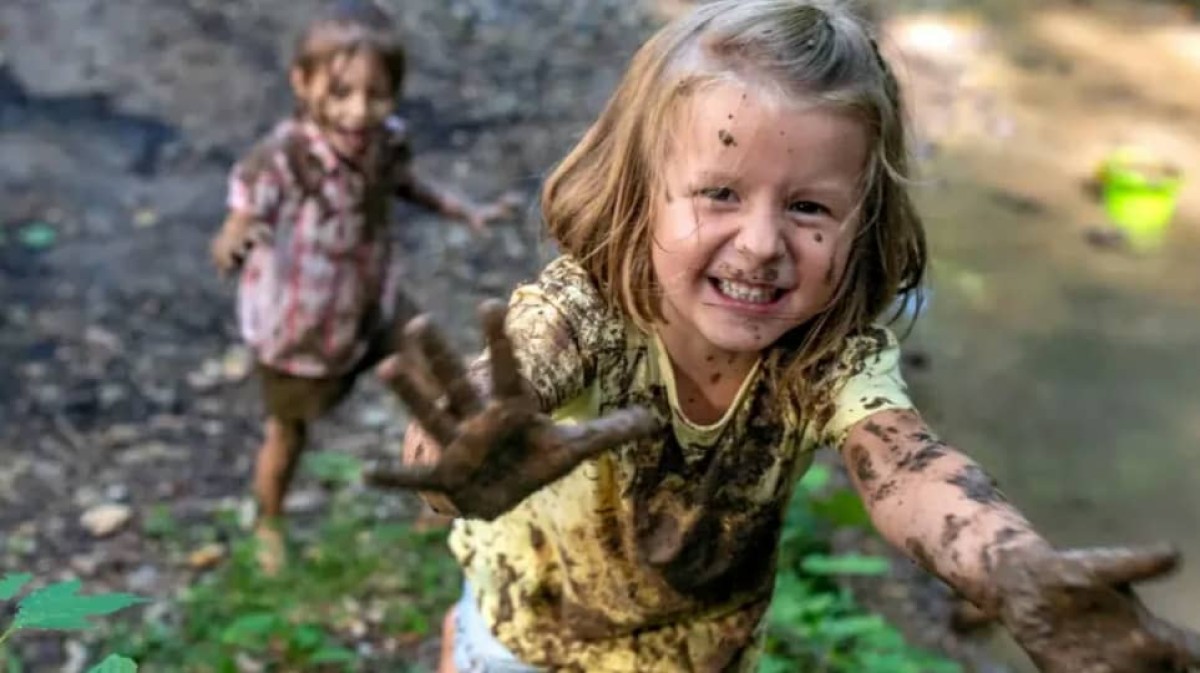Does playing with dirt protect children from allergies and immune diseases?


Recent scientific studies have shown that allowing children to play in the soil may carry health benefits that exceed fun and fun, as early exposure to the natural environment microbes contribute to enhancing the child's immunity and reducing the risk of sensitivity and self -immune diseases.
According to the researchers, the interaction with the microbes in the dirt helps the immune system to distinguish between the causes of dangerous diseases and the non -harmful substances, which is a vital process during the early years of the child's life when the immune system is in the process of formation.
The group of intestinal microbes, known as “microbium”, plays a fundamental role in regulating body immunity. This microbium begins to form at birth, especially in cases of normal delivery and lactation, then Diversifies grows through interaction with the environment, such as pets and soil.
This vision is based on what is known as the “old friends’ hypothesis ”developed by Professor Graham Rock, which indicates the importance of coexistence with useful environmental microbes that the human body is used to throughout history. It is a hypothesis that is an extension of the concept of "hypothesis of hygiene" that connects the lack of exposure to microbes and the high cases of sensitivity.
A Finnish experience has supported this trend, as it revealed that children who played in natural soil extracted from the forests showed a greater microbial diversity on the skin, an increase in important immune cells, compared to their peers who played on artificial surfaces. A recent Swedish study in 2024 also indicated that children who grew up in agricultural environments or lived near pets were less likely to develop allergies.
In contrast, the excessive use of antibiotics and increased dependence on cesarean deliveries has been linked to a decrease in microbial diversity in the child's body, and the high risk of immune disorders.
Although genetic factors play a role in determining an individual's ability to develop allergies, experts assure that regular and safe exposure to nature can be an effective protective element. But they stress the need to avoid contaminated soil that may contain toxic substances or harmful parasites.
In general, allowing children to interact with nature and play in the open air is not only an experience rich in mental and physical development, but it may also be a scientific step studied towards stronger immunity and better health.